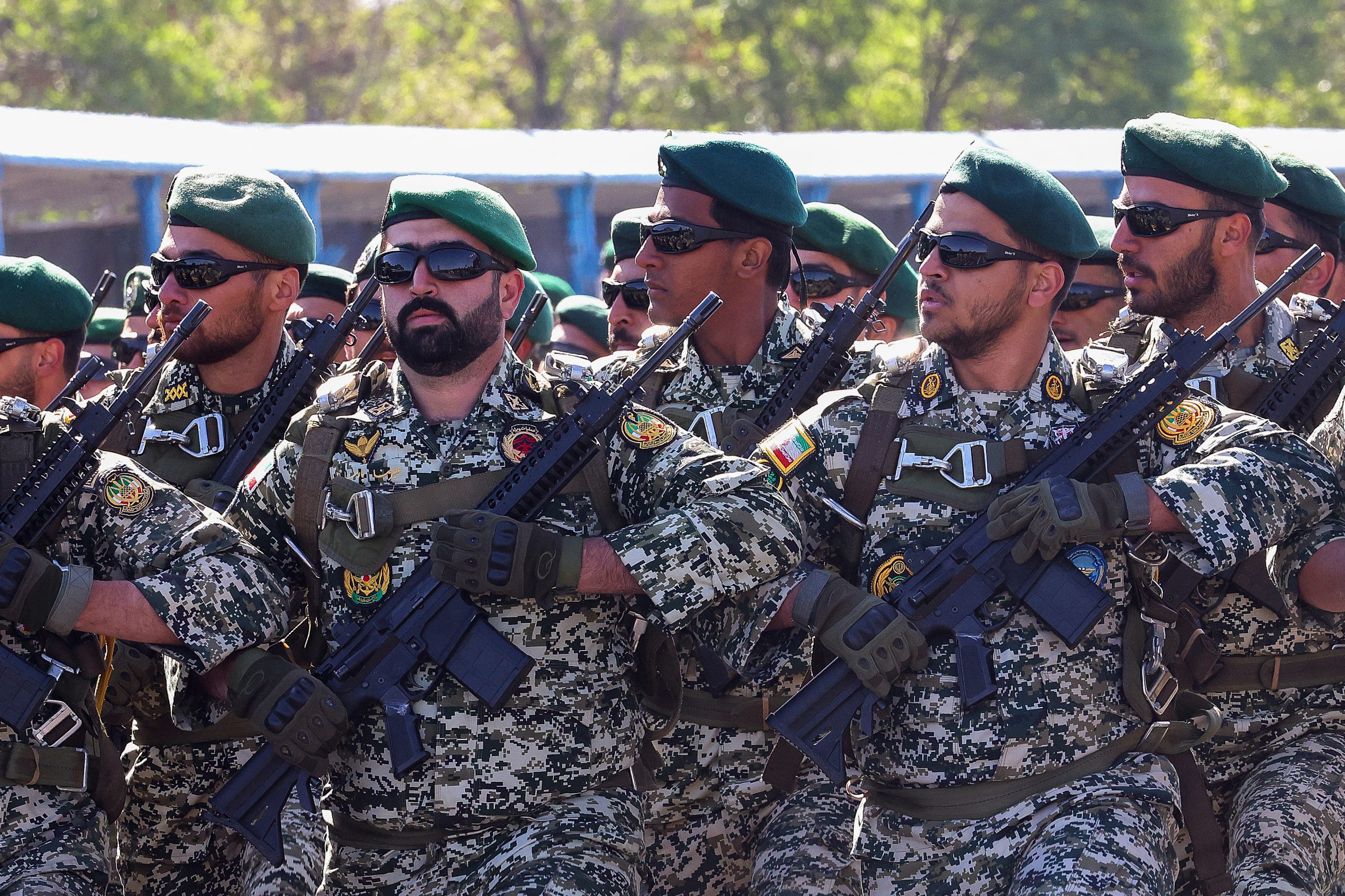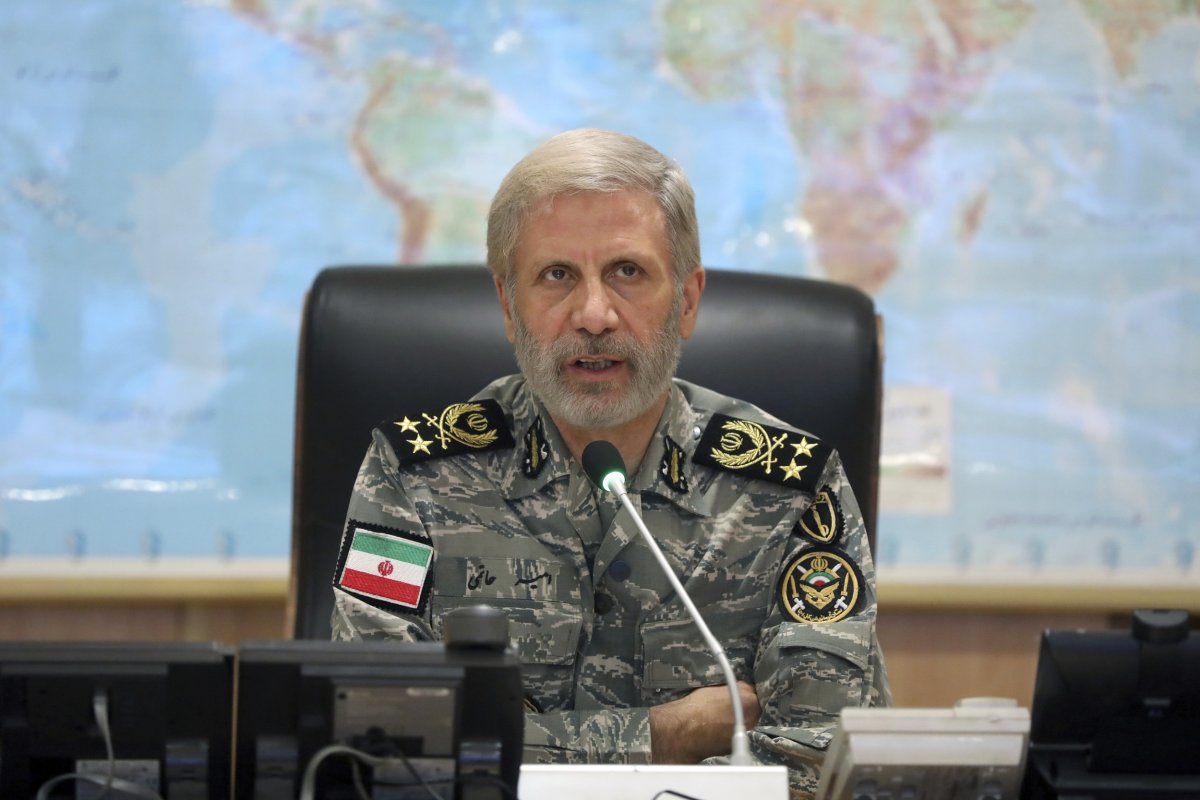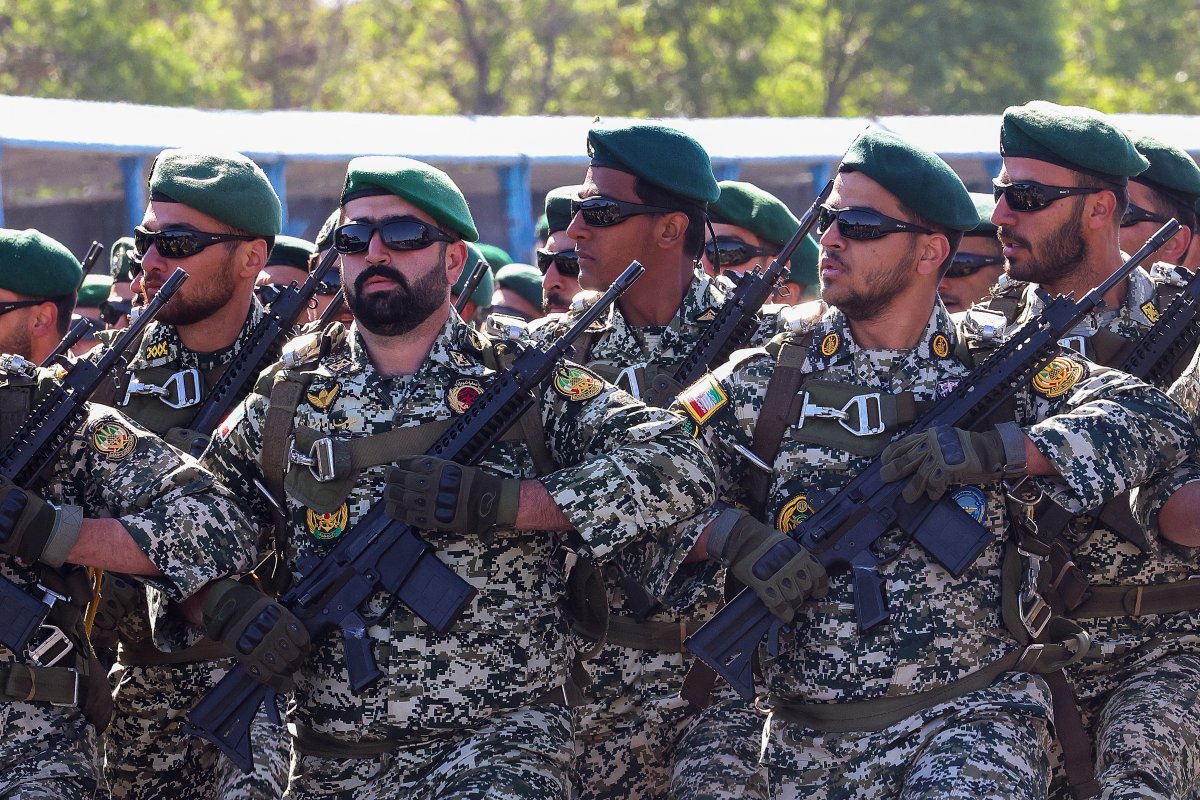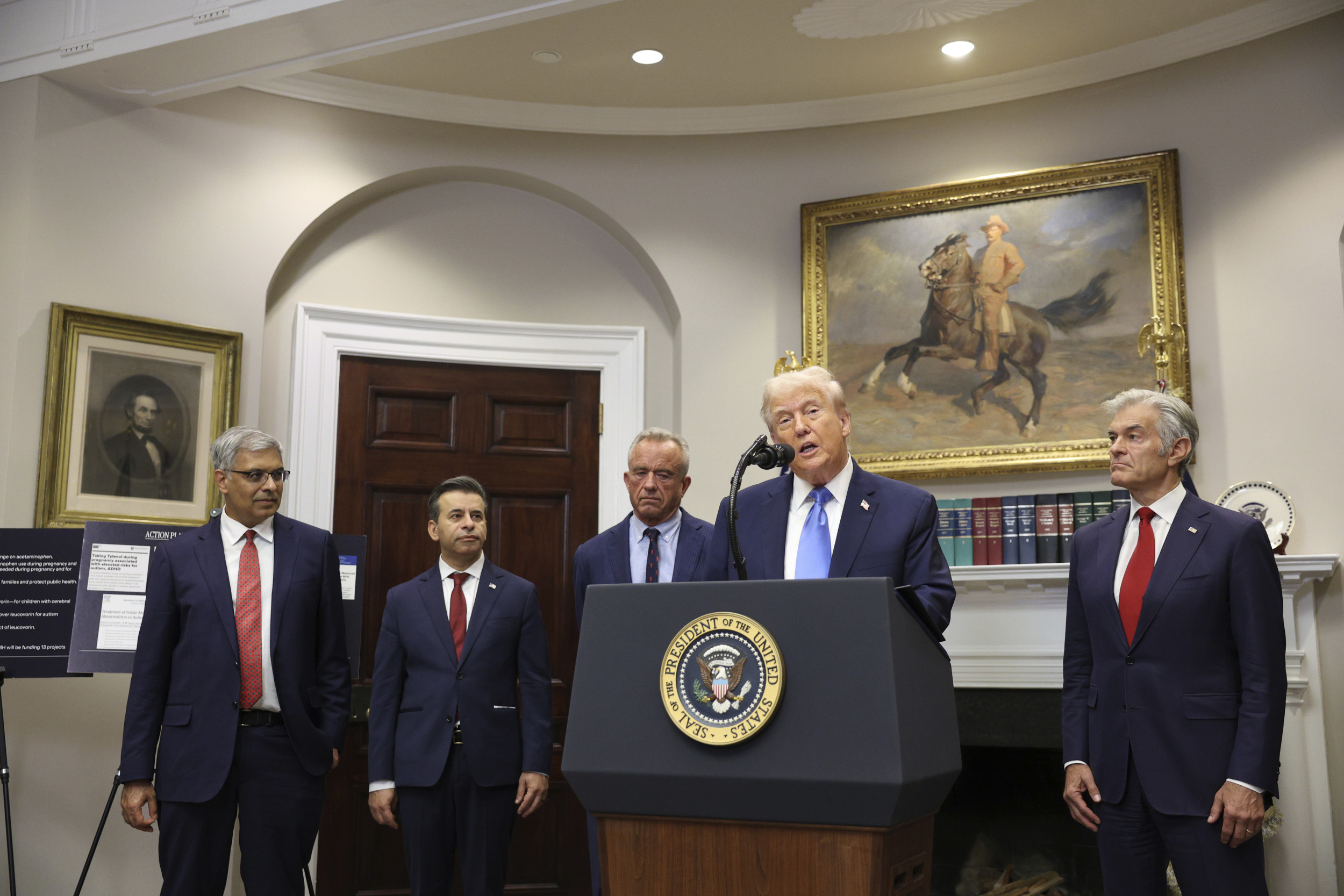
Iran has “no choice but to become stronger,” the country’s army chief said Wednesday as the Iranian armed forces continue to gird themselves for more conflict.
The warning by Iranian Major General Amir Hatami comes in the wake of the 12-day conflict with Israel in June, when Israeli and U.S. forces struck Iranian military and nuclear sites, leaving a trail of casualties and inflaming regional tensions.
Newsweek has contacted Iran’s Foreign Ministry for comment.
Why It Matters
With all sides on edge, fears of renewed confrontation are mounting, with Hatami’s remarks underscoring a fresh drive to strengthen Iran’s military capabilities amid a volatile and uncertain geopolitical landscape.
Iran faces growing scrutiny over its nuclear program. Britain, France and Germany—known as the E3—are considering triggering the “snapback” mechanism of United Nations Security Council Resolution 2231 by the end of August, which would automatically reinstate pre-2015 sanctions if Tehran fails to comply with inspection requirements.
With the Joint Comprehensive Plan of Action (JCPOA) set to expire on October 18, the stakes are high, carrying potential global consequences for non-proliferation and international diplomacy.

Iranian Army Press Service/AP Photo
What to Know
Speaking at an event on Wednesday, Hatami stressed the need to build up the military further, declaring: “We need a powerful army to protect our nation. A strong army is one whose every component carries out its missions and duties correctly.”
He noted that Iran’s strategic position had historically made it a target for external aggression, citing past invasions and conflicts. “This mission is important for every country, but in Iran, due to our strategic and geopolitical position, it is even more significant and exceptional.”

Atta Kenare/Getty Images
12-Day War
The June hostilities began with Israeli strikes on Iranian military and nuclear sites, followed by U.S. airstrikes, prompting Iranian missile retaliation on strategic targets, including the Al-Udeid Air Base used by the U.S. military in Qatar.
The nonprofit group Human Rights Activists in Iran and the Iranian Health Ministry reported that the conflict killed between 935 and 1,190 Iranians, including 38 children and 132 women, and injured over 4,000.
Iranian missile attacks killed 29 Israelis, including one off-duty soldier, and left more than 3,200 injured, according to the Times of Israel.
Missile Defense
Meanwhile, rumors circulating on X and other social media sites included reports that the U.S. had redeployed a THAAD missile defense system from the United Arab Emirates to Israel.
The claims, which Newsweek could not independently verify, highlighted a Bloomberg report this month that said the Pentagon plans to spend $3.5 billion to replace interceptor missiles used during the 12-day war, when Israel’s Iron Dome and David’s Sling systems were heavily engaged against waves of short- and medium-range missiles fired by Iran.
The U.S. Defense Department has yet to disclose any THAAD transfer but typically does not comment on operational movements. The chatter, however, speaks to the strain on Israel and growing concern in the region over the potential for renewed hostilities.
JUST IN: US has relocated a THAAD missile defense system from the UAE to Israel as tensions with Iran grow.
Pentagon requests $3.5B to replenish interceptors used in the 12-Day War. pic.twitter.com/PM2MZVjx5s
— Defence Index (@Defence_Index) August 23, 2025
What People Are Saying
Iran Army Commander Major General Amir Hatami said in a public address on Wednesday: “We need a powerful army to protect our nation. A strong army is one whose every component carries out its missions and duties correctly.”
Former Israeli intelligence officer Jacques Neriah told Tel Aviv radio station 103FM on Sunday: “There is a sense that a war is coming, that Iranian revenge is in the works. The Iranians will not be able to live with this humiliation for long.”
What Happens Next
Iran’s army plans to continue to strengthen its capabilities and modernize medical and combat readiness programs. Commanders have pledged ongoing support for military healthcare and training, ensuring the armed forces remain prepared for future challenges.




